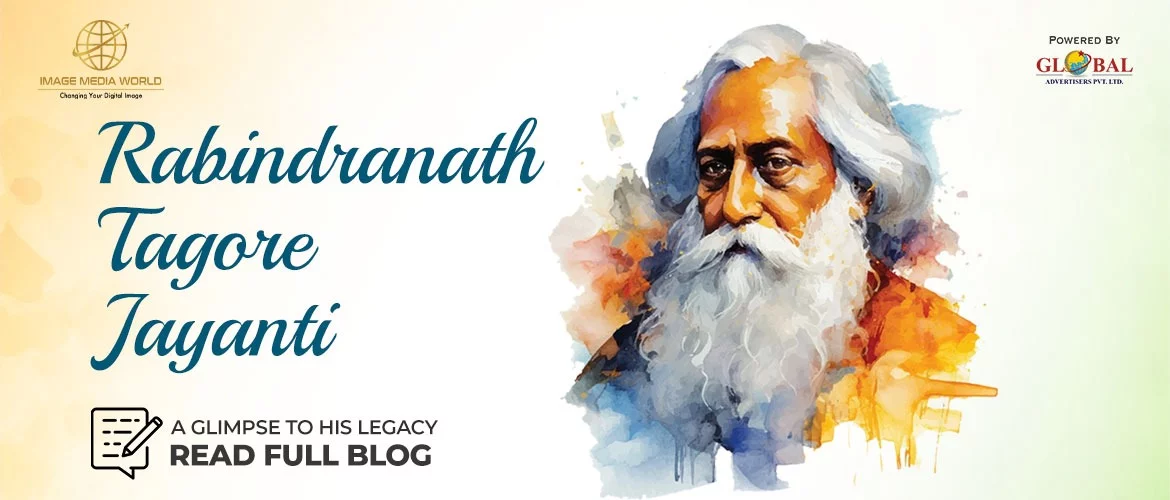
Rabindranath Tagore, the Bard of Bengal, was a multifaceted genius whose contributions to literature, music, and philosophy continue to inspire millions around the world. As we commemorate his birth anniversary on May 7th, let’s delve into some fascinating facts about this legendary figure.
Sobriquets:
Born in Kolkata in 1861, Rabindranath Tagore was affectionately called “Rabi” at home and earned various nicknames such as Gurudeb and Kobiguru for his literary prowess.
A Young Prodigy
Tagore began writing poetry at the age of 8 and published his first book at 16 under the pseudonym Bhānusiṃha.
Multi-Faceted Talent
Beyond poetry, Tagore excelled as a writer, playwright, composer, philosopher, social reformer, and painter, composing over 2000 songs and penning renowned works like Gitanjali and Gora.
Education in England
Despite being enrolled in a law school in England, Tagore left to study Shakespeare’s plays and returned to India without any degrees in 1880.
First Asian Nobel Laureate
In 1913, Tagore became the first Asian to win the Nobel Prize for Literature for his collection of poems, Gitanjali, which beautifully expressed themes of devotion.
Man Behind Three National Anthems
Tagore not only penned India’s national anthem, “Jana Gana Mana,” but also composed “Amar Sonar Bangla,” the anthem of Bangladesh, and inspired “Sri Lanka Matha
Shantiniketan
Establishing Shantiniketan as a university town, Tagore transformed his father’s vision into reality, investing his Nobel Prize money to establish the Visva-Bharati University.
Renunciation of Knighthood
Tagore renounced his knighthood in protest against the Jallianwala Bagh massacre, demonstrating his commitment to social justice.
Tagore and Einstein
Tagore engaged in a thought-provoking dialogue with Albert Einstein on the nature of reality, despite their differing views, showcasing mutual respect and admiration.
Legacy: Tagore’s legacy lives on through museums dedicated to him in India and Bangladesh, celebrating his literary and cultural contributions.
As we honor Rabindranath Tagore’s enduring legacy, let’s reflect on the profound impact of his words and ideas that continue to resonate with people across generations.